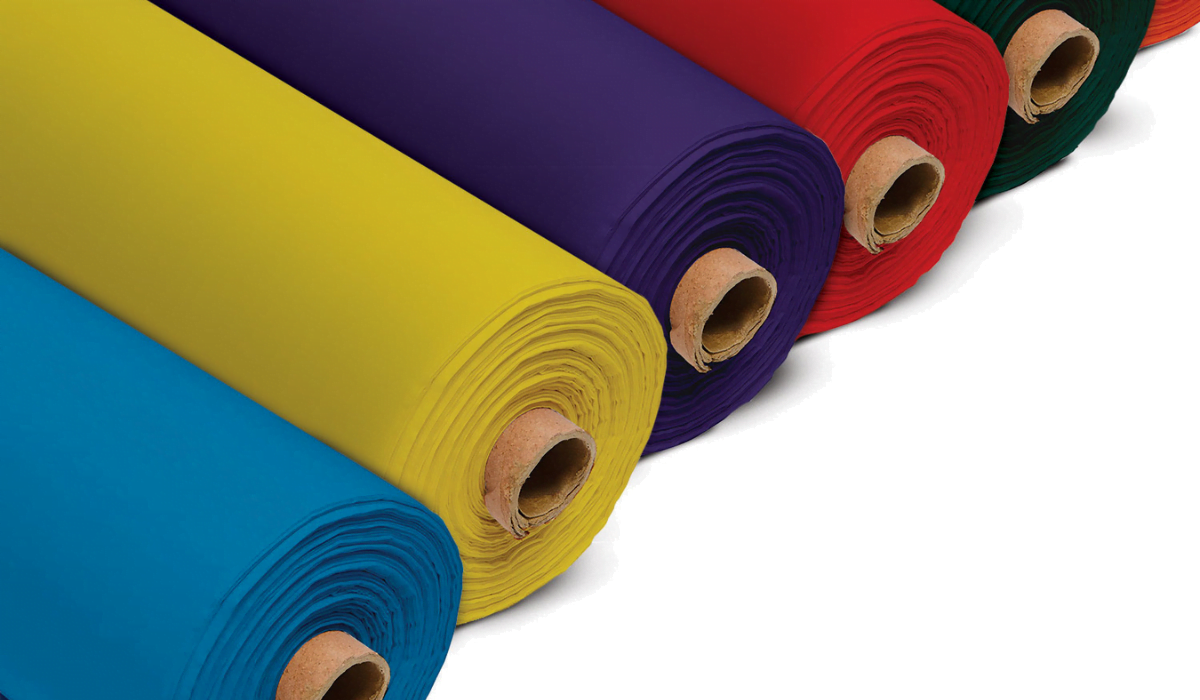

Renowned for its adaptability, comfort, and eco-friendliness, cotton fabric forms the backbone of the textile industry. This guide dives into the journey of cotton from its cultivation to becoming fabric, spotlighting varieties like lawn and poplin and offering expert care and maintenance tips, specifically designed for wholesale customers seeking comprehensive insights.
The process of turning cotton from plant to fabric involves several intricate steps. It starts with planting and harvesting the cotton seeds. The cotton gin then separates the fibres from the seeds, thanks to modern technology. Manufacturers spin these fibres into yarn and weave or knit them into fabric, making them ready for a wide range of applications.
Harvesting: Automated machinery efficiently collects the cotton bolls.
Ginning: Modern gins quickly separate the fibres from the seeds.
Spinning and Weaving: This process turns fibres into yarn and then into fabric, suitable for various uses.
Known for its lightweight and breathable qualities, cotton lawn fabric offers a texture softer and finer than standard cotton. Its high thread count and silky feel make it perfect for summer clothing that requires comfort and elegance.
Lightweight and Soft: Ideal for breathable, comfortable clothing.
High Thread Count: Provides a smooth, luxurious texture.
You can easily soften stiff cotton fabric. Washing with baking soda or vinegar, using fabric softener, and applying proper drying techniques significantly increase the fabric’s softness and flexibility.
Natural Softeners: Baking soda and vinegar effectively soften the fabric.
Mechanical Action: Agitation in the washing machine also helps soften the fabric.
Cotton poplin fabric, recognized for its fine, horizontal ribs, offers a crisp texture. This durable yet lightweight fabric suits a variety of garments, from casual shirts to formal dresses, appreciated for its smooth finish and adaptability.
Crisp Texture: Its fine ribs give it a distinctive feel.
Versatility: Fits a wide range of clothing styles.
Cotton’s worldwide popularity stems from its diverse types, each with unique qualities and applications. Upland cotton dominates global production, offering versatility for everyday textiles. Pima cotton, known for its long fibres, delivers unparalleled softness and durability, ideal for premium garments and linens. Egyptian cotton, similar to Pima, is sought after for its luxurious feel in high-end towels and bedding. Organic cotton supports environmentally conscious consumers by providing a sustainable quality option, grown without pesticides. Each type of cotton meets specific industry requirements, allowing wholesalers to efficiently satisfy diverse market demands.
The widespread use of cotton across industries emphasizes its importance to wholesalers and commercial clients. Its durability, environmental benefits, and aesthetic versatility render it an essential asset in the global market. The continuous demand for sustainable materials ensures cotton’s key role in the future of textile innovations.
Did you know we are one of UK’s top cotton fabric suppliers? Please contact us for any questions/advice. One of our experienced team members will get back to you. – Get in touch.